
‘Pokrovsk’s encirclement emerged from these dynamics not as a sudden catastrophe but as the predictable outcome of long-developing trends.’
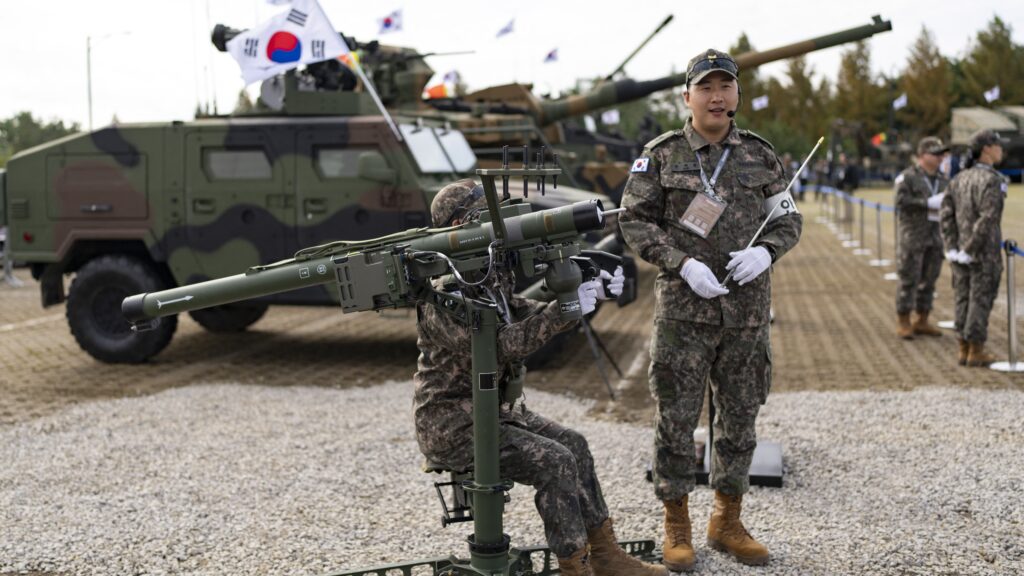
‘The debut of a Korean hypersonic missile prototype was one of the exhibition’s highlights, placing Seoul into an elite club.’
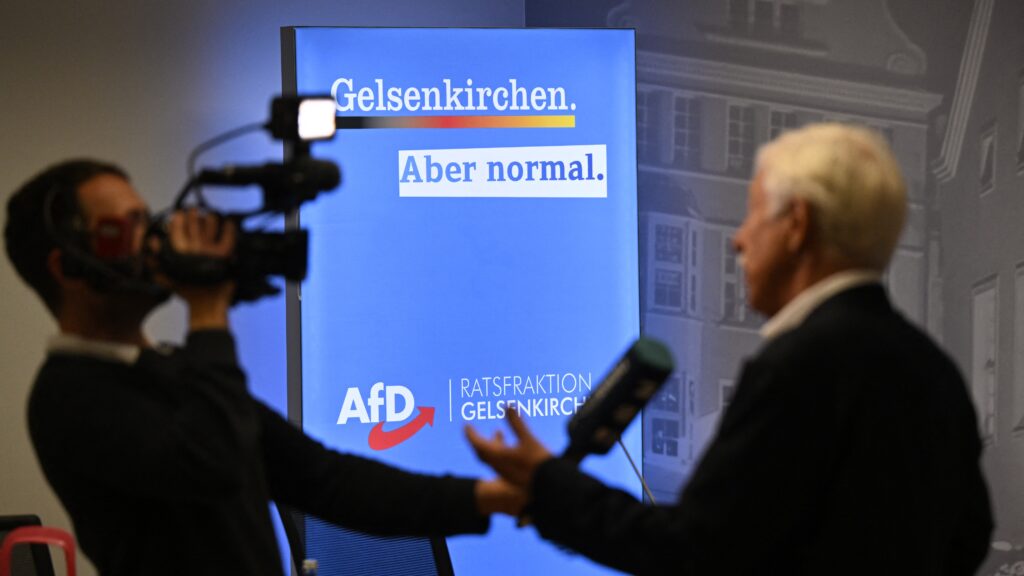
The deaths of seven AfD candidates before North Rhine–Westphalia’s local elections stirred controversy after economist Stefan Homburg called the cluster ‘statistically almost impossible’. Despite official findings of natural causes, AfD leader Alice Weidel echoed concerns—highlighting broader tensions around democratic pluralism in Germany.

‘The current epoch marks another revolutionary shift: the digital warfare paradigm, driven by rapid advances in artificial intelligence, cyber capabilities, autonomous weapons, and real-time data integration…It is no longer sheer numbers or tonnage of materiel that decide battles, but information superiority, network resilience, and the speed of decision-making.’

‘Greenland, the world’s largest island, has attracted US interest not only for its natural resources but also for its geostrategic location. Both the Cold War and today’s geopolitical competition demonstrate that Arctic regions are increasingly significant from military and economic perspectives.’
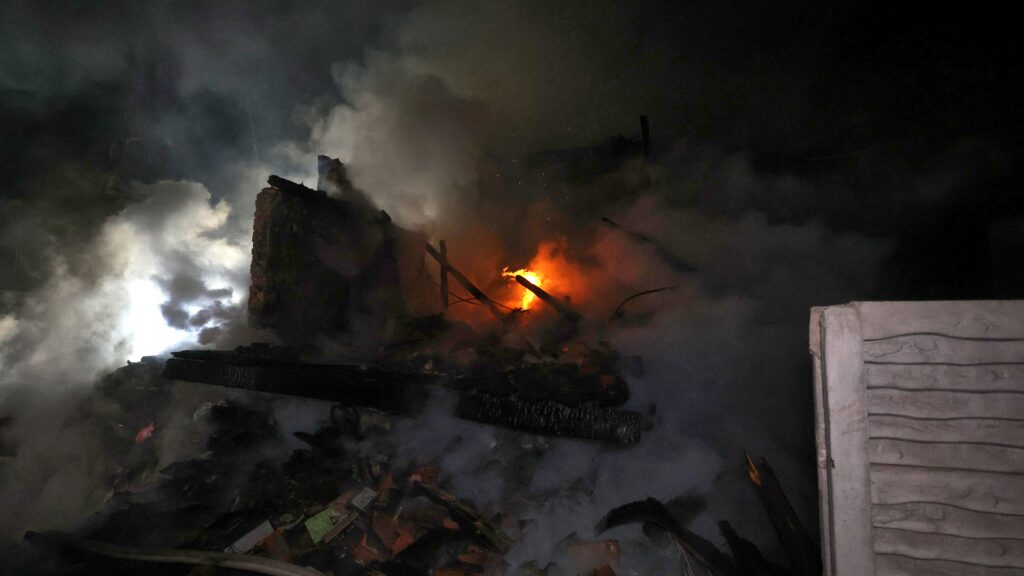
‘Technology is rapidly revolutionizing warfare, fundamentally changing the circumstances in which conflicts unfold. With modern drones and artificial intelligence, a paradigm shift is taking place that fundamentally rewrites our concepts of war. The battlefield no longer necessarily requires human presence…The era of self-sacrificing captains is disappearing, if not already gone.’

‘Hungary’s unique historical background and geographic location make it a harbinger of fresh geopolitical guidelines, political standards and new norms. The country’s pragmatism in international relationships and capacity to preserve its strategic autonomy while still engaging with world bodies provide important inspiration for countries negotiating the challenges of modern global politics.’
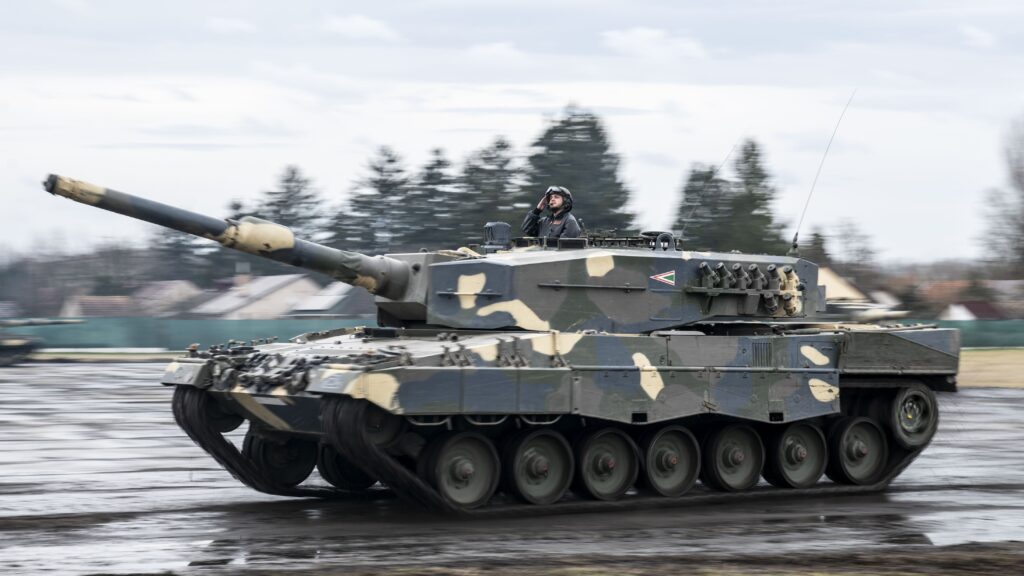
European countries purchase significant amounts of American weapon systems and military equipment, making US companies the main beneficiaries of the increased defence budgets within NATO. This situation creates tensions and a fragmented will within the EU in processes aimed at strengthening the independence and competitiveness of the European defence industry. It also raises the question of whether Washington’s primary goal is the collective defence of the allies or the profit maximization of American arms manufacturers.
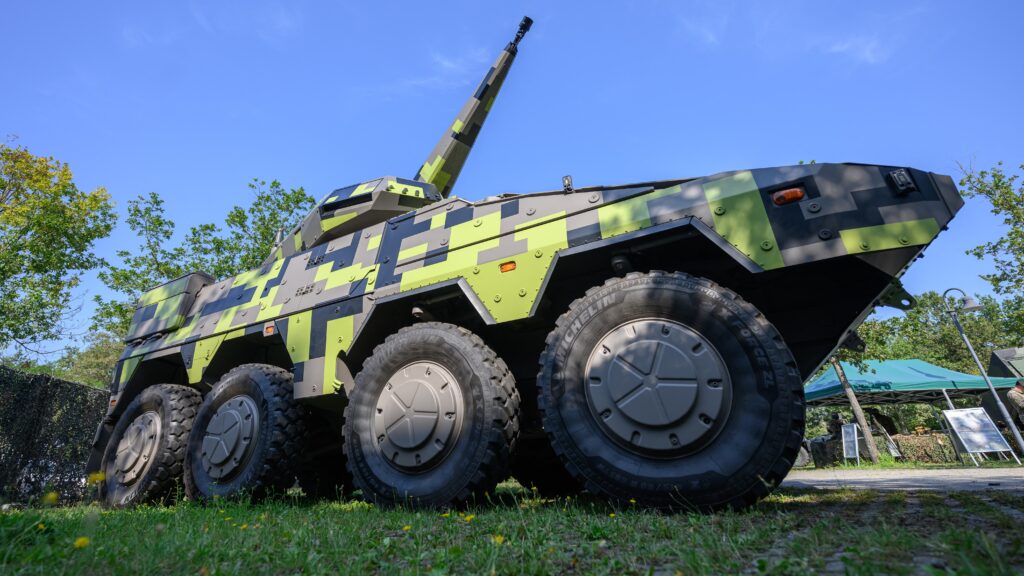
The Draghi Report suggests that the goals of defence industrial policy should be organically integrated into the discussions of the Foreign Affairs Council in its defence policy formation, allowing member states to come up with a common stance. The report also recommends the establishment of a centralized European Defence Industry Authority, which would oversee joint programming and procurement functions and centrally manage the defence acquisitions of member states.

‘In sum, the report reflects the political views and values of the EU elite and can be seen as a tool to turn a problem into a crisis—an ‘existential challenge’—to justify the extension of EU powers at the expense of national sovereignty and decision-making.’
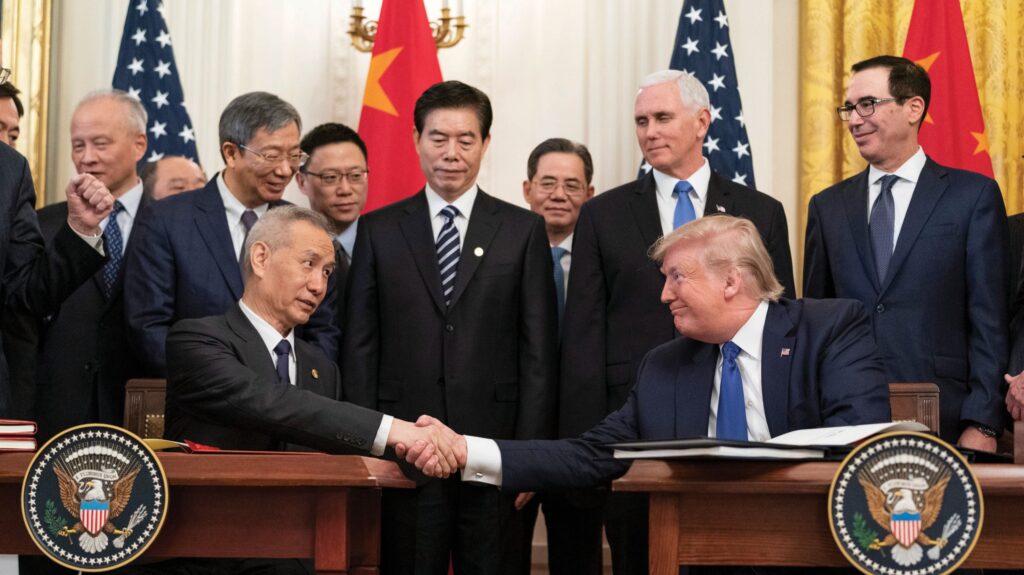
‘If the West wants to maintain its geopolitical weight and address its internal tensions, it should focus primarily on solving its own structural problems…, rather than transforming these internal problems into a global geopolitical conflict. External conflicts and total attempts to dominate the planet will not only fail to solve internal tensions but will ultimately exacerbate them.’